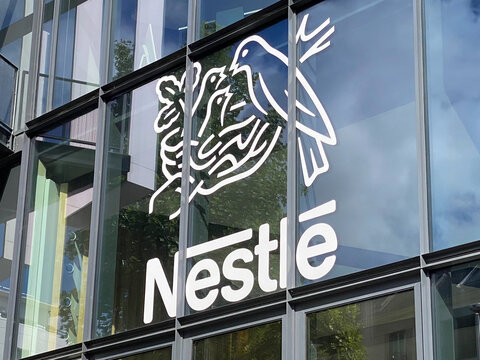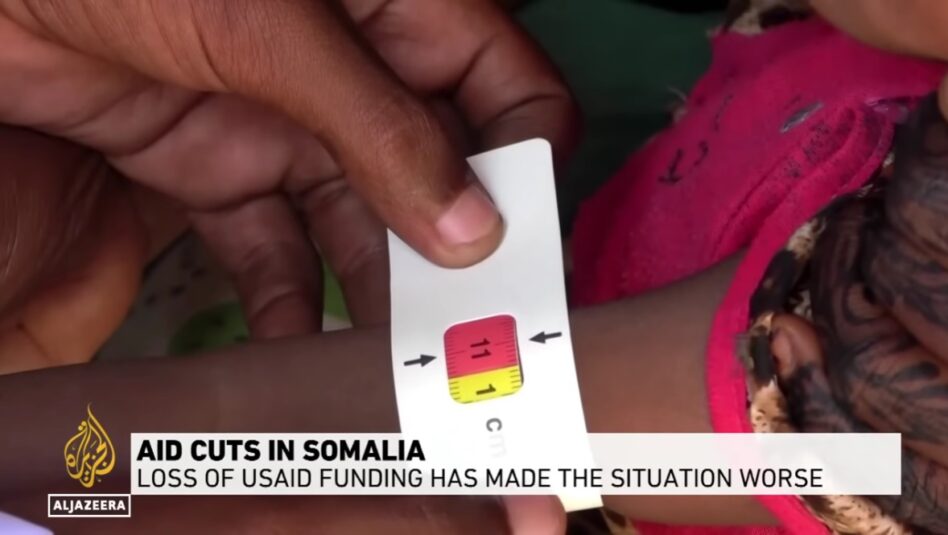SWISS investigative organisation Public Eye accused Nestlé of adding excessive sugar and honey to infant milk and cereal products sold in many global south countries, in contrast to products sold in Switzerland.
In an article published by the organisation on April 17, it highlighted that the International Baby Food Action Network (IBFAN) and Public Eye scrutinised around 150 products including best-selling brands Cerelac and Nido, sold by the food giant around the world.
Samples sent for testing from Asia, Africa, and Latin America revealed that nearly all Cerelac infant cereals contain added sugar averaging 4g per serving. The highest amount – 7.3g per serving – was detected in a product sold in the Philippines, the investigation revealed.
Nido milk formula for infants aged one and older also contains added sugar with an average of almost 2g per serving.
“The maximum value (5.3g) was detected in a product sold in Panama. In Switzerland and in Nestlé’s main European markets, such products are sold without added sugar,” the report read.
Public Eye reported that Nestlé dominates 20% of the $70 bil baby-food market. Cerelac and Nido, generating over US$2.5 bil in global sales in 2022, are key brands in low- and middle-income countries.
Moreover, Nestlé extensively markets them as vital for children’s well-being in Africa, Asia, and Latin America.
Interestingly, in main European markets, Nestlé’s baby formulas for infants aged six months to one year contain no added sugar.
Meanwhile, experts warn that early exposure to sugar increases the risk of obesity and chronic diseases later in life.
The World Health Organisation (WHO) advised against added sugars in products for children under three, a guideline that Nestlé’s products in main European markets adhere to.
“We targeted sugar because that’s the number one enemy when it comes to nutritional health,” TIME news magazine quoted Public Eye’s agriculture and nutrition expert Laurent Gaberell as saying.
“Exposure to sugar at an early age of babies and infants can be very problematic. It’s one of the key factors behind the obesity crisis.
“If babies are exposed to sugar, they basically have a higher risk of being obese later, and suffering adverse health outcomes such as diabetes, hypertension, and other chronic diseases.”
Similarly, paediatricians and child nutrition experts interviewed by Public Eye strongly criticised the double standard that they say is “morally and public health-wise problematic” especially considering the obesity crisis affecting low-income nations.
“The WHO cautions that early exposure to sugar can instil a lifelong preference for sugary items, heightening the risk of obesity and other chronic diseases.
“Since 2022, the UN agency has advocated for prohibiting added sugar in products meant for infants and toddlers under three years old,” it said.
Furthermore, investigation conducted by Public Eye and IBFAN pointed out Nestlé’s use of “deceptive marketing tactics including engagement with medical professionals and social media influencers” to promote its products to parents. – April 18, 2024









